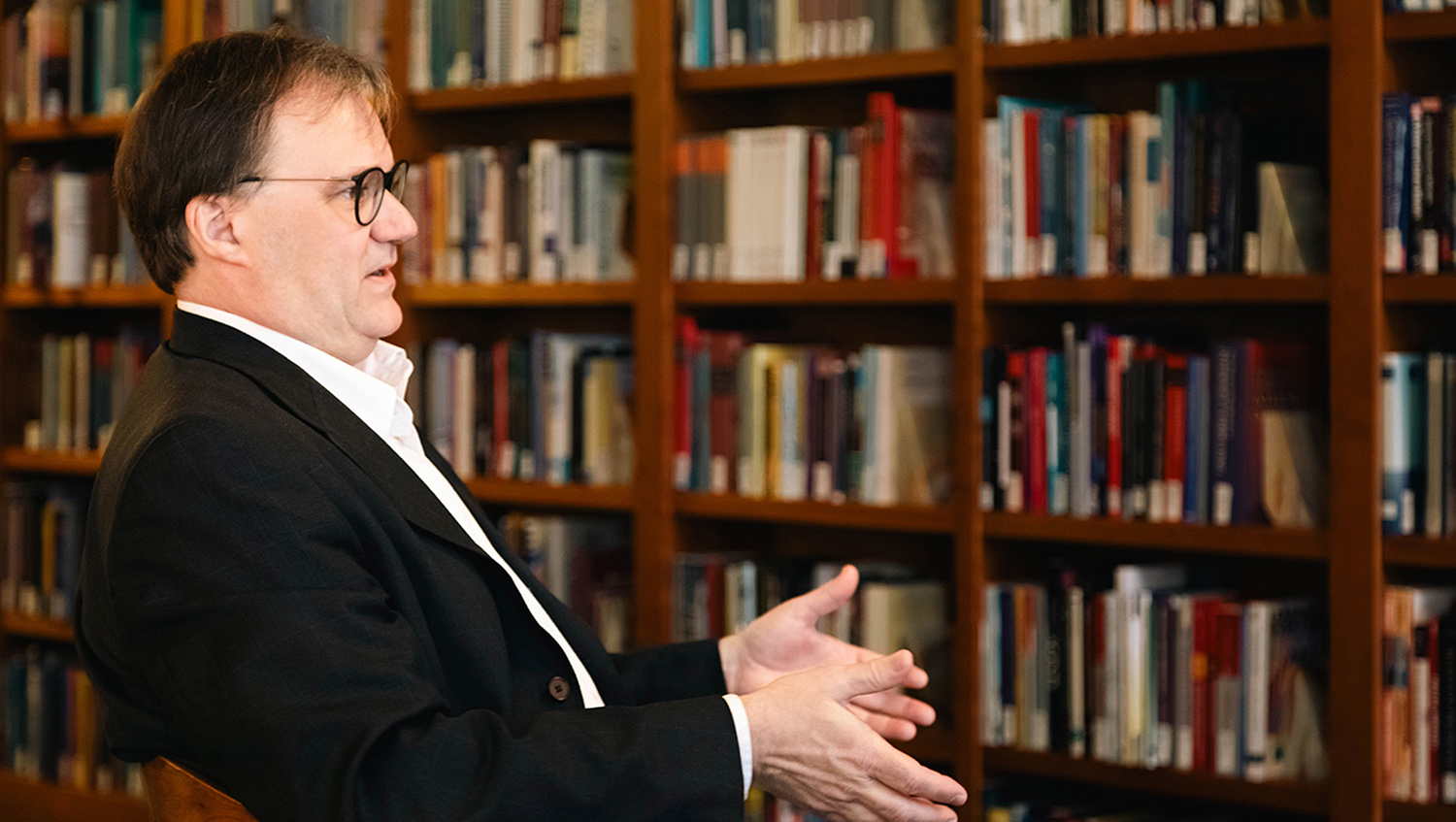Study Sheds Light On How People Cope With Health Challenges and Medical Debt

For Immediate Release
A recent qualitative study sheds light on how people cope with health and financial challenges, highlighting the important role that communication plays in these coping strategies.
“This is one of the first studies to look at how people respond to the combination of financial uncertainties and health uncertainties,” says Lynsey Romo, first author of the study and an associate professor of communication at North Carolina State University. “And it drives home that uncertainty about money and uncertainty about health go hand in hand. Financial limitations created significant health challenges – such as an inability to afford prescription medications. And health problems created significant expenses leading to serious financial challenges.
“The study also highlights that these challenges span income levels. You can have a good job, good insurance, do everything ‘right’ and still find yourself struggling due to the nature of the healthcare system in the U.S.”
For the study, researchers conducted in-depth interviews of 17 U.S. adults. All were white; 14 identified as women. Study participants had medical debt ranging from less than $10,000 to more than $150,000. Salaries also ranged from less than $10,000 to more than $150,000. The health problems that resulted in financial struggles included conditions such as cancer, cystic fibrosis and stroke.
The researchers found that health-related financial uncertainty had significant adverse consequences for the physical and mental health of many study participants. For example, many interviewees reported experiencing symptoms of emergent depression and other mental health issues related to their health conditions and related financial challenges.
As one study participant noted: “It gets to the point where [the financial uncertainty] just weighs against you. Like, am I worth doing this procedure?…I’ll never make this much money. I’m never going to be able to pay this off.”
The researchers discovered a range of strategies that study participants utilized to manage their uncertainty.
“Many of these strategies revolved around communication,” Romo says. “Seeking information and emotional support from your social network is inherently about communication. Seeking financial help or help in getting to medical appointments is about communication. Advocating for yourself or others in the context of medical care is all about communication. So being able to share information effectively is incredibly important.”
Other strategies for managing uncertainty involved making sacrifices – and provided clear examples of the impact that uncertainty can have on physical health.
For example, study participants reported buying less food in order to afford medication; being unable to afford medications at all; taking less medication than a doctor prescribed in order to make it last longer; being unable to attend health appointments due to cost.
“Qualitative studies, like this one, are important,” Romo says. “There are lots of statistics about how many people are struggling with medical debt. I remember seeing survey data from early last year showing that more than 30% of U.S. workers carry medical debt – and that was looking at people with jobs, before the pandemic.
“Qualitative studies give us a fuller understanding of what those numbers mean in real-world terms. What effect does this combination of financial and health uncertainty have on people? And how do they deal with it? Our study suggests that the effect is profound. The pandemic, and related expenses, may make it worse. And this is something we need to be looking at.”
The paper, “An Examination of How People Appraise and Manage Health-Related Financial Uncertainty,” is published in the journal Health Communication. The paper was co-authored by Charee Mooney Thompson of the University of Illinois at Urbana-Champaign and Patience Ben-Israel of the North Carolina Department of Health and Human Services.
-shipman-
Note to Editors: The study abstract follows.
“An Examination of How People Appraise and Manage Health-Related Financial Uncertainty”
Authors: Lynsey K. Romo, North Carolina State University; Charee Mooney Thompson, University of Illinois at Urbana-Champaign; and Patience Ben-Israel, North Carolina Department of Health and Human Services
Published: Feb. 4, Health Communication
DOI: 10.1080/10410236.2021.1876813
Abstract: While health care is one of the largest stressors across all incomes and political affiliations, it is unclear how people with health-related financial uncertainty appraise and manage this ambiguity. Using the lens of Uncertainty Management Theory (UMT) and a thematic analysis of semi-structured, in-depth interviews with 17 individuals facing financial and health struggles, we uncovered how intersecting financial and medical uncertainty exacerbated participants’ medical worries, worsening and compromising their mental and physical health. Additionally, we revealed how participants managed health-related financial uncertainty through seeking social support, seeking information to reduce financial burden, enacting financial concessions, making health sacrifices, avoiding information and thoughts about health costs, and adapting to chronic financial uncertainty. This study extends UMT by foregrounding the ways individuals’ environmental resources (i.e., limited financial means) can jeopardize tending to their health, illustrating how uncertainty management is connected not only to communication strategies but also to health behaviors, such as tapering or skipping medications or procedures.
This post was originally published in NC State News.
- Categories:


